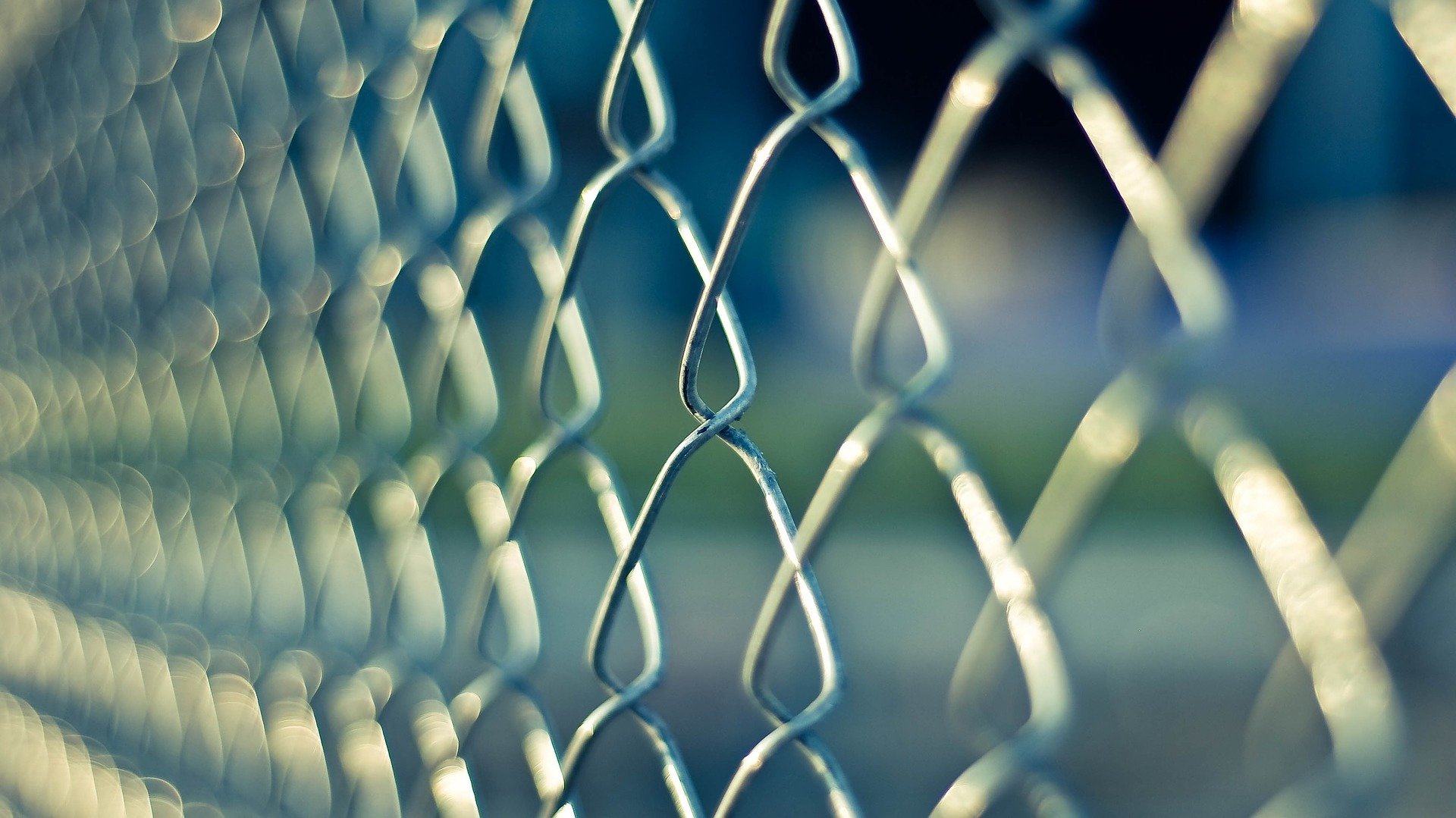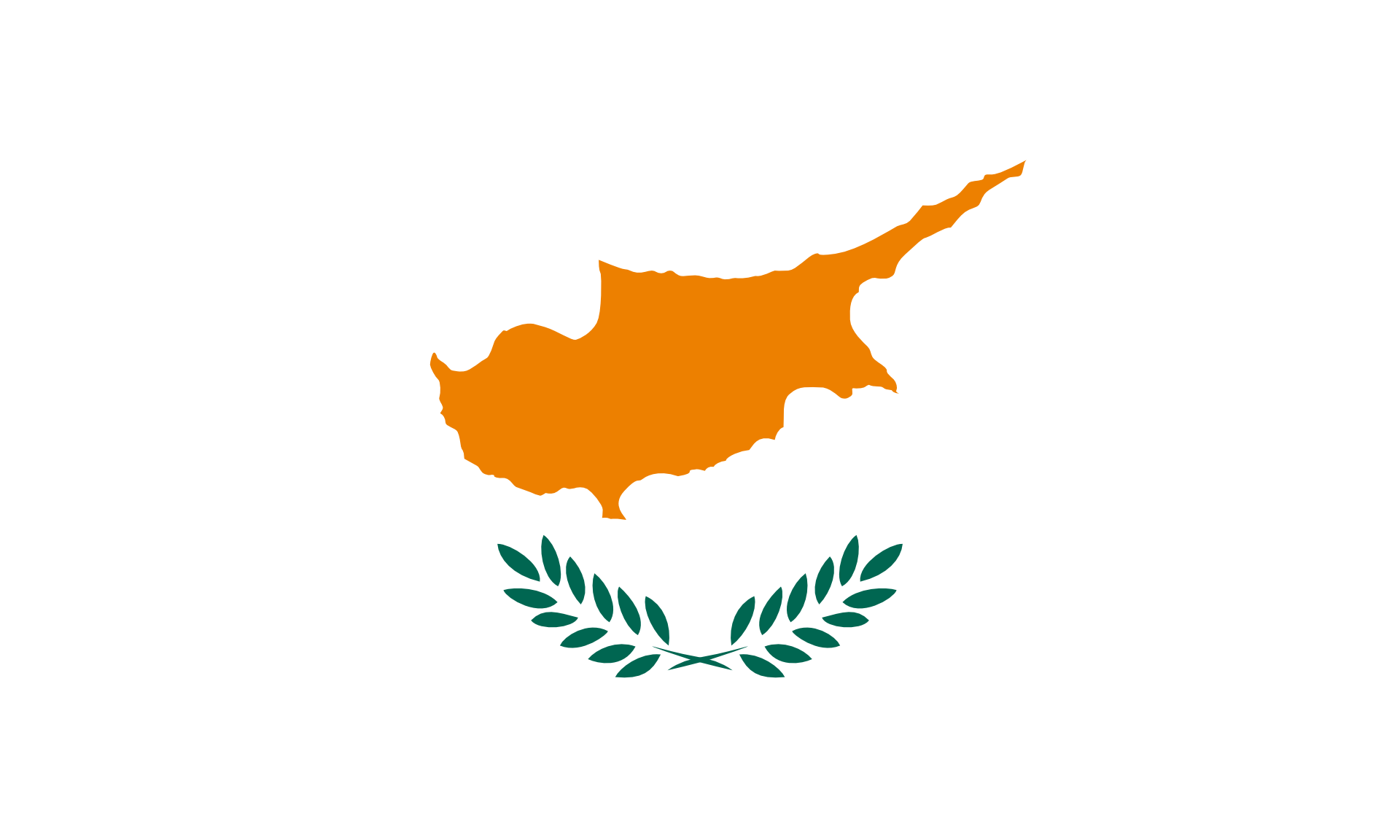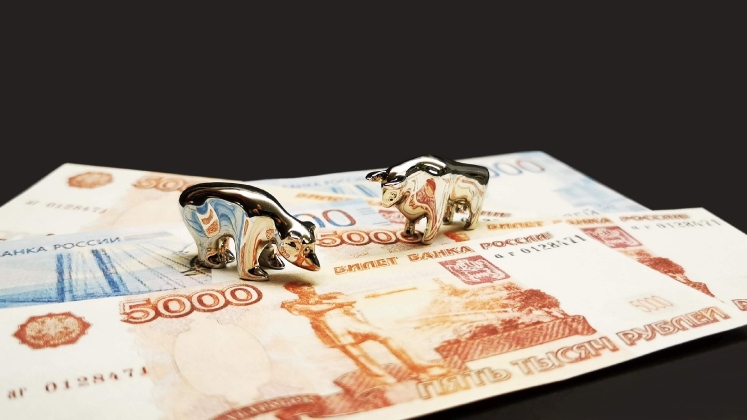Northern Cyprus held the second round of its presidential election on 26 April, with Mustafa Akıncı defeating the incumbent President, Derviş Eroğlu. Rebecca Bryant writes on what the result of the election might mean for the people of northern Cyprus and future negotiations with the Greek Cypriot-controlled Republic of Cyprus. She notes that while Akıncı’s victory has been met with euphoria on both sides of the island, all indications are that he will not only work toward a federation, but will also seek to defend the interests of Turkish Cypriots.
Entrenched political parties are crumbling these days in the Eastern Mediterranean. The upstart Syriza handily defeated its elder rivals in Greece, while the Kurdish-backed HDP is on the rise amongst liberal and left-wing voters in Turkey. And now in north Cyprus, an independent leftist candidate won the presidency in a landslide victory on 26 April that many are celebrating as a concrete step towards peace.
Certainly, the election of Mustafa Akıncı, long-time mayor of north Nicosia, has already brought the first glimpse of hope that this small community has had in more than a decade. But while many foreign observers and the Turkish Cypriot left are declaring this a triumph for reconciliation, the surge towards a candidate who positioned himself outside the party system is also a symptom of other worrying developments that will not be so easily resolved at the negotiating table.
Turkish Cypriots: an uncertain life in an unrecognised state
For more than four decades, Turkish Cypriots have lived with the uncertainty of life in an unrecognised state. This has included varying degrees of isolation imposed after the island’s partition in 1974, the result of a Greek-sponsored coup and resulting Turkish military intervention. Because of several decades of negotiations intended to reunite the island under a federal state, Turkish Cypriots could not know if the villages where they lived might be subject to territorial readjustment, or the houses where they lived might be returned to former owners. For several decades now, calculations about whether to paint one’s house, buy land, or invest in a business have been tied to the geopolitics of the Cyprus Problem. As a young businesswoman who has struggled to run a technology company under isolations summarised, ‘We live in a very clear and obvious state of uncertainty’.
That uncertainty – what Turkish Cypriots call belirsizlik – has only intensified in the past decade. In late 2002, a United Nations peace plan was leaked to the public, and Turkish Cypriots spilled into the streets in protest against their intransigent president, who refused to negotiate it. The Greek Cypriot-controlled Republic of Cyprus had been given a date for European Union entry, and the U.N. plan seemed the last chance for Turkish Cypriots to secure their own EU membership. Within a matter of months, in response to these protests, the island’s de facto border opened, and a leftist party won the parliament. However, Greek Cypriot rejection of the plan in a referendum in early 2004, just ahead of the RoC’s EU entry, meant that the EU’s de facto border now runs through the island’s capital.
With the failure of the referendum, both of Turkish Cypriots’ previous goals –recognition or reunification – appeared to collapse, and as a result Turkish Cypriots have spent the past decade without a clear vision of the future. Moreover, while EU leaders praised Turkish Cypriot support for the reunification plan, the international community has been at a loss as to how to acknowledge Turkish Cypriots without recognising their state. There were initially promises of opening the north’s ports that were vetoed by the RoC. All the measures that the EU has implemented, such as financial assistance for infrastructure and the opening of the Green Line to trade, have required the RoC’s approval, which in turn has depended on political whim.
While technically Turkish Cypriots are now able to export their goods via ports in the island’s south, in reality this is so difficult that very few businesspeople engage in the bureaucratic wrangling that would make it possible. While the north receives EU funding for certain infrastructural projects, presumably in preparation for a federal solution, the parliament of the RoC recently unanimously passed a law that criminalises the use of Turkish names given after 1974. Anyone caught carrying a map or book using those names may be subject to a fifty thousand euro penalty or a stiff prison sentence. These various contradictions have left Turkish Cypriots with the impression of an EU that lacks political spine.
In addition, since the 2003 opening of the checkpoints, Turkish Cypriots began to overcome obstacles to travel by acquiring RoC passports, a possibility open to them because the RoC claims sovereignty over the entire island and therefore claims Turkish Cypriots as its citizens. However, acquiring this passport has meant that Turkish Cypriots are able to enjoy the benefits of EU membership as individuals, but not as a community. As one potato farmer commented to me when complaining about the regulations for trade: ‘If I go to Germany or somewhere, I present my passport, and they treat me as an EU citizen. But they don’t treat me that way when I’m at home, here in the island’.
Moreover, the past decade has witnessed not only increasingly direct relationships with international bodies and institutions, but also the increasing penetration of global capital, primarily through north Cyprus’s patron state, Turkey. With the rise of Turkish Airlines and the recent bankruptcy of Cyprus Airways, the unrecognised Ercan airport in the island’s north has become a busier hub than Larnaca, in the south. While a few years ago shops in the north were filled with copies, fakes, and pirated items, today those are limited to particular markets.
Instead, global capital has arrived in the form of Nike and Mango stores, Popeyes chicken, Johnny Rockets, and Mercure hotels. Glittering shopping malls are rising in the main market areas of north Nicosia. Today, one BMW dealership in the capital’s north sells more BMWs than any other single dealership in Europe. With their EU passports, Turkish Cypriots are now free to take any number of package tours to travel all over the world, and youth can win scholarships to study anywhere in Europe.
While welcome as a form of ‘normalisation’, this infusion of ‘real’ brands has meant that Turkish Cypriots have been incorporated into the global economy as consumers rather than producers. In other words, while Nike and Popeyes are now ‘real’, Turkish Cypriots consume these without being able to sell their goods to the world. Moreover, their incorporation into the global economy is via a relationship of dependence on Turkey.
They are able to open branches of Nike and Popeyes only by incorporating Cyprus’ north into the Turkish market. Global businesses such as HSBC and Gloria Jean’s and Re/Max have opened in the north in the past few years because they see it as a province of Turkey. Equally importantly, Turkish capital has been flowing into the island in the form of large hotels, casinos, and shopping malls that are highly visible in the landscape and use Cypriot natural resources while hiring few Cypriots, so that the profits flow back to Turkey.
North Cyprus has long been dependent on its patron, which supports it economically, militarily, and politically. Since 2004, however, Turkey’s ruling Justice and Development Party (AKP) has explicitly followed a policy of ‘developing’ north Cyprus, which includes more four-lane highways, hotel complexes on formerly pristine beaches, and white mosques that now dot the countryside. Most recently, this ‘development’ plan has included a massive project to bring fresh water by undersea pipe from Anatolia to north Cyprus.
President Erdoğan has dubbed it ‘The Project of the Century,’ and it has cost the Turkish government billions of lira while creating considerably mixed feelings amongst Turkish Cypriots about this largesse. For many, rather than being a sign of their development, the water project is yet another mark of Turkey’s increasing presence and dominance in the island. The response of AKP representatives to their protestations against these projects, or against the ways they have been managed, has inflamed Turkish Cypriot opinion against the paternalism of the Turkish government in recent years. In a series of interviews that I conducted with Turkish Cypriot opinion-shapers in 2012, all thirty expressed the view that the ‘familial’ relationship with Turkey should not be that of a parent and child, but of siblings, where Turkey should act as a ‘big brother’.
In other words, Turkish Cypriots’ mediated access to globalisation, combined with the paternalism of the current Turkish government, have left Turkish Cypriots feeling that they are not political actors, that they have no platform on which to express their political agency, and that they are simply the object of various projects. The overall sense is that not only the fate, but even the profit of their country is no longer in their hands. As one left-wing newspaper editor remarked: ‘The real problem is that Turkish Cypriots, or those persons living in north Cyprus, have become a sandwich between different slices of bread, whether Turkey or the Republic of Cyprus or the EU.’
The 2015 presidential election in northern Cyprus
It is in such a context that the main parties that have dominated Turkish Cypriot politics for several decades appear to have collapsed. Three of the four main candidates in the presidential election ran as independents, even though two of those received party support. The main victor of the first round was Kudret Özersay, an International Relations Professor and former negotiator, who placed last amongst the four but secured 21 per cent of the vote with limited campaign funds and no party support.
He ran on a campaign of good governance that received the ire of the entrenched parties for its lack of ‘ideology’. Özersay’s unprecedented performance demonstrated, however, that people are tired of the nepotism that has drained the north’s resources and bankrupted local governments in recent years and that is represented by the traditional parties. While many people have benefited from that nepotistic system, there also seems to be a growing recognition that it is not sustainable and that there needs to be another vision.
The entrenched parties have been unable to supply that vision, because their own ideologies, often borrowed from elsewhere, cannot accommodate the contradictions of life in an unrecognised state. The right’s adherence to isolationist nationalism, represented by incumbent president Derviş Eroğlu, or the left’s critiques of neoliberalism, represented by the Republican Turkish Party (CTP), have ceased to have resonance with voters for whom they provide no solution to the particular dilemmas of de facto citizens.
Mustafa Akıncı, while a veteran of the established political tradition, tapped into this particular current with his campaign’s emblem of the olive branch, which for many symbolised his commitment to peace, but which in his speeches and advertisements clearly had an additional meaning. He urged voters to support him ‘To be able to put down roots like an olive tree, for us to remain in this country, to live like humans in this country, honourably, our heads held high. Let’s live as humans and as a community’. He repeated in all his speeches that the olive tree symbolised roots, which he promised Turkish Cypriots would now be able to have.
While it might seem ironic that a community with a history of several hundred years in the island needs ‘roots,’ what Akıncı promised with this reference to the olive tree was a certain future, like the tree that Cypriots often call ‘immortal’. Moreover, Akıncı tapped into Turkish Cypriots’ desire for dignity, to live ‘like humans’ in their own country.
The most obvious way to achieve that is through a negotiated solution brokered by the United Nations, but the motivations are not the same as a decade earlier. The EU carrot is no longer as attractive as it once was, and while the island’s north is enjoying relative prosperity, the south is in a state of deep financial crisis. Moreover, the promise of living ‘honourably, our heads held high’ also indicates a desire no longer to be a ‘sandwich between different slices of bread’. It indicates, in other words, that there may be desire for compromise but not necessarily for concession.
The euphoria of Cypriots on both sides of the island in the wake of Akıncı’s election already creates a positive ground for negotiations to begin in May. However, all indications are that Turkish Cypriots elected Akıncı not only – or perhaps not even primarily – as a man who will work for federation but also as one who will stand up for them.
This is likely to mean that he will take bold steps to push his negotiating partners out of their conventional and constrained responses. Opening the ghost town of Varosha and increasing the rights of the north’s Maronite and Greek minorities are only a couple of the policies that are currently on the table. It is also likely to mean, though, that he will be a tough negotiator, one who will avoid being ‘sandwiched’. Peace, in this instance, may be a means to achieve a political voice.
This piece originally appeared on the EUROPP – European Politics and Policy Blog.
Note: This article gives the views of the author, not the position of Greece@LSE, the Hellenic Observatory or the London School of Economics.







THE LAWS OF NORTHERN CYPRUS ARE ACCEPTED IN EUROPE:
(Northern Cyprus :=: Turkish Republic of Northern Cyprus)
Not only the “TRNC Immovable Property Commission (and its related laws)” but also “ALL THE LAWS OF TURKISH REPUBLIC OF NORTHERN CYPRUS” WAS ACCEPTED ON BEHALF OF EUROPE (European Court of Human Rights; ECtHR).
ECtHR Decision 02.07.2013, App. nos. 9130/09 and 9143/09; Pavlides v. Turkey; Georgakis v. Turkey
http://hudoc.echr.coe.int/sites/eng/Pages/search.aspx#{“fulltext”:[“Pavlides”],”documentcollectionid2″:[“CASELAW”],”itemid”:[“001-122907”]}
ECtHR: “…notwithstanding the lack of international recognition of the regime in the northern area, a de facto recognition of its acts may be rendered necessary for practical purposes. Thus, THE ADOPTION BY THE AUTHORITIES OF THE “TRNC” OF CIVIL, ADMINISTRATIVE OR CRIMINAL LAW MEASURES, AND THEIR APPLICATION OR ENFORCEMENT WITHIN THAT TERRITORY, may be regarded as having a legal basis in domestic law for the purposes of the Convention”.
Note: In the related ECtHR’s decision above, the case application of the Greek Cypriot was IMMEDIATELY REJECTED; i.e., his application was found INADMISSABLE.
That is to say, he was expelled by ECtHR just at the beginning; therefore, his case was not handled (no sessions were held) by ECtHR at all.